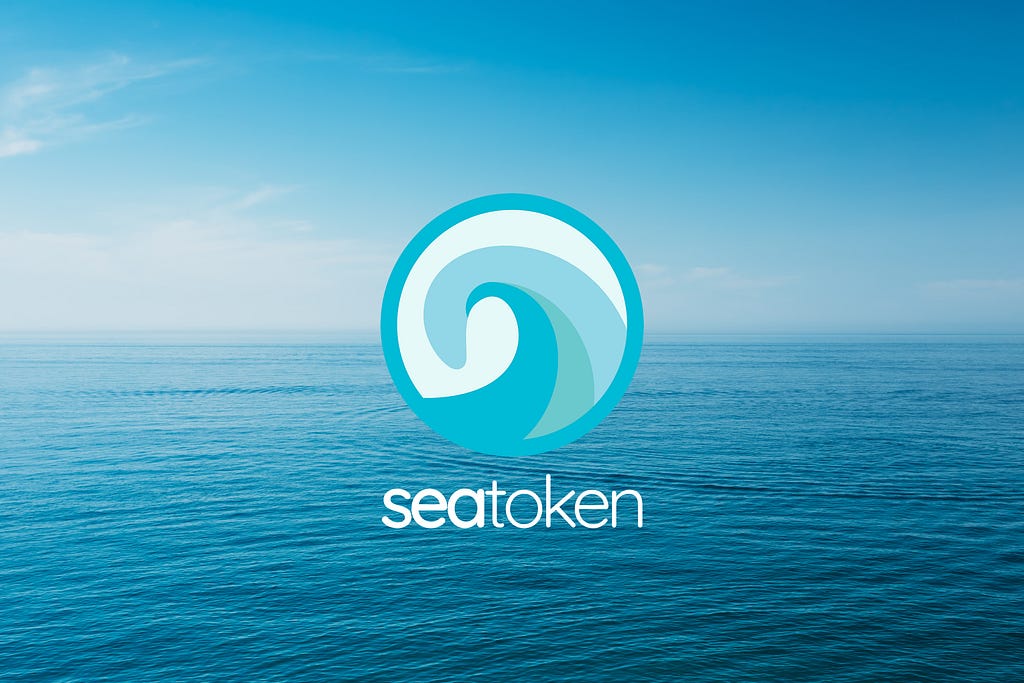Good bugs, tax, and token health
Spoiler alert — this story concerns a recently discovered bug in our contract code, but don’t worry — it ends well!
Yesterday, someone from our brilliant community contacted us having just bought SEA on PancakeSwap. “I bought 200,000 tokens, and I expected to get 190,000 after the 5% tax. But I received 200,000”. Of course, this immediately raises alarm bells. Upon further investigation, we discovered that we were able to buy SEA with 0.1% slippage, which according to our tokenomics should not be possible.
Long story short — because of the way our contract interacts with the PancakeSwap router, transactions sent from the router are exempt from tax. And of course — every purchase is sent from the PCSv2 router. The upshot: all buy transactions of SEA on PancakeSwap are exempt from tax — the tax is applied only to sell transactions, and to any other transactions sent via the contract (not via PancakeSwap).
This is ironic, because this was actually the original concept for our tokenomics — we wanted to encourage people to buy and hold, and our original spec only applied the tax to sellers. After much consultation, it was decided that it would be technically simpler, and more robust going forward, if the tax was applied across the board, to all transactions.
Upon finding this bug, we’re faced with two options: fork the contract, deploying a new version which addresses the PCSv2 router exemption, and airdrop all holders with the new token; or accept that our original vision of the tokenomics of SEA has actually showed up, and work with it.
We’re going with the second option, and here’s why:
1. This was our original plan for SEA, and we still think it’s a good one. Applying the tax only to sellers is a great way to encourage people to buy and hold, it makes the initial buy-in more attractive, and whilst of course we need to balance the income for our partners, and the yield for our investors, against the health of the token, we believe a healthy token will go on to provide that income.
2. Taxing both buy and sell transactions works great when you’re in an AMM environment — each transaction stands alone, and gets its own tax bill. But when we move into centralised exchanges, working on an order book model, it starts to make less sense. This has already come up in our talks with several CEXs when discussing how they would implement our tokenomics, and this bug has actually just solved the problem for us.
3. Instinct tells us that exempting buy transactions from the tax will result in a 50% loss of partner income and investor yield, but our modelling shows this is not the case — by incentivising buy-and-hold investors, the price floor of SEA is given upward pressure, so that when sales occur the value to our partners and investors of the twin 2% taxes is much greater. Our modelling shows that exempting buy transactions from the tax will result in just 12% reduction in yield to partners and investors, equivalent to us having lowered both the charity tax and the holder distribution to 1.76% instead of 2%. This is a small price to pay for the increase in token health provided by encouraging buy-and-hold, and for the benefit to new investors, who can buy and hold SEA without paying any tax at all.
But hang on – if investors can buy and hold SEA without paying any tax at all, how are they helping save our oceans? Well, for a start they’re investing in the project, raising the value of the token, raising the value of whatever is already in the charity wallet awaiting distribution, raising the value of our operations wallet, providing us with more resources to build our dApps, and allowing us to support more emerging projects through our new environmental kickstarter (you heard it here first — launching this month). And of course, buy-and-hold doesn’t mean not taking profits. Taking profits is an essential part of any investment strategy, and SEA investors can operate a profit extraction strategy in the warm knowledge that their incremental sales are contributing to the charity wallet, and redistributing tokens to our holders. You might be thinking “but what about the 2% distribution that I’ve been missing out on?” — well, don’t forget that you have been getting that distribution on all transactions except buy transactions on PCSv2, and also that you didn’t pay the 2% tax when you first bought in, so at this stage, just three weeks in to the project, you’re almost definitely up on the deal.
We’re also working on a number of other ways holders can contribute to the cause. If you bought SEA in the last couple of weeks and have been feeling good about that 2% going to our partners, you could always throw 2% of the BNB value of your initial purchase directly into the charity wallet — the address is 0xaf72Fb3310561C0826fdF852c05bC50BF54989cd (BEP20 network). We’re working on a couple of interesting partnerships to produce beautiful, ocean-based NFTs by some of the planet’s most celebrated photographers, filmmakers, sound recordists and digital artists — these will be used to fill the (albeit small) gap in funding created by the tax exemption. And new developments in the utility of SEA — including the environmental kickstarter — are coming this month; these new developments will increase traffic to the token, for everyone’s benefit.
So, in conclusion, not all bugs are bad bugs. This one has forced us to return to the original concept for SEA’s tokenomics, will contribute to a healthier token in future, and has potentially fast-tracked our discussions with a number of centralised exchanges.
To discuss this, or anything else related to SEA, join us on our Telegram chat: https://t.me/seatokengroup


Leave a Reply